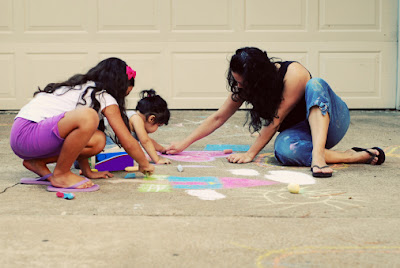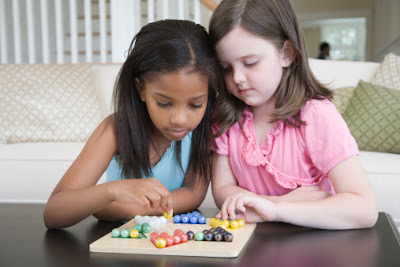Reading is a practice that does not so much to do children, but it is essential and rewarding, so parents must become aware of it, and the clearest indication we have that our children are ready to learn to read is when perfectly distinguish the letters and images.
Very important to observe the whole process of learning and maturing, and motivate them to this incredible task enthusiasm read, although there is no magic bullets to be faster read for child.

Ready to start reading when you have a good speaking, and a large enough vocabulary for his age, recognized correctly pronounce sounds and words as well as recognize and understand the story sequences that we are going out even when we read and remember later.
In his body language is able to recognize sounds alerts, you can go through mazes play by routes other hand notice that has a firm stroke as you draw all your body parts, and uses straight lines, circles, curves, spirals, and recognizes its written name and single words that are easy.
Also you can read stories from sequences of images and we will demonstrate a strong interest in knowing that reads any text whether in magazines, books, posters, advertisements, or the covers of a story.
Very important to observe the whole process of learning and maturing, and motivate them to this incredible task enthusiasm read, although there is no magic bullets to be faster read for child.

Ready to start reading when you have a good speaking, and a large enough vocabulary for his age, recognized correctly pronounce sounds and words as well as recognize and understand the story sequences that we are going out even when we read and remember later.
In his body language is able to recognize sounds alerts, you can go through mazes play by routes other hand notice that has a firm stroke as you draw all your body parts, and uses straight lines, circles, curves, spirals, and recognizes its written name and single words that are easy.
Also you can read stories from sequences of images and we will demonstrate a strong interest in knowing that reads any text whether in magazines, books, posters, advertisements, or the covers of a story.


